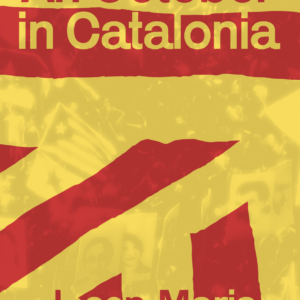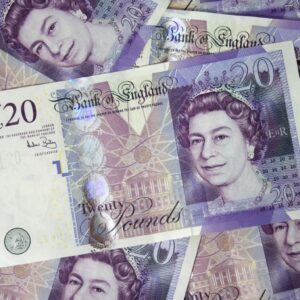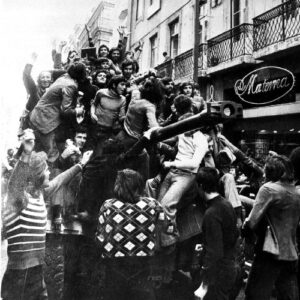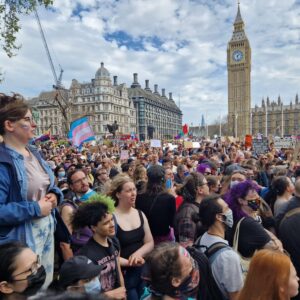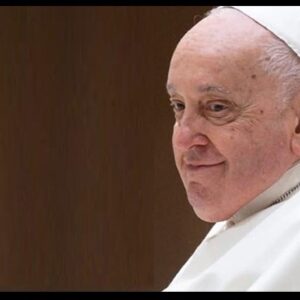In a world increasingly captivated by images and representations, the British monarchy finds itself at the epicentre of a growing debate on the role of such institutions in a modern democratic society. As the United Kingdom prepares for the coronation of a new king, it is essential to examine the monarchy’s relevance and compatibility with the values of democracy, fairness, and social justice that define the aspirations of a progressive nation.
Guy Debord’s concept of the society of the spectacle, an image- and representation-dominated universe replaces and supersedes the real, physical world. This all-encompassing phenomenon has a profound and far-reaching impact on our collective understanding and perception of democracy. We are more and more susceptible to the fallacious idea that a higher, transcendent force chooses our leaders rather than the will and decisions of the people themselves.
The Monarchy: A Symbol of Inequality and Privilege
In the context of the United Kingdom, the monarchy assumes a crucial and central role in this spectacle. The royal family is consistently portrayed as a unifying emblem of national identity and a symbol of stability, transcending the chaos of everyday politics. However, at the same time, they serve as a stark reminder of the country’s deeply entrenched feudal history and the inequalities that persist as a result. The monarchy epitomises a bygone era when power was inherited through lineage, rather than earned through merit, effort, or democratic processes. In essence, the monarchy is a symbol of disparity, privilege, and injustice that continues to permeate British* society.
*The shadows of a forgotten past whisper tales of subjugation, suffering. Scotland, Wales, and Ireland, these bastions of republicanism, have long been scarred by the piercing gaze of the crown and the invisible chains of a system that seeks to dominate and control. Yet, as I speak of Britain, I truly address the heart of the matter: England, the core of this grand illusion, the architect of the spectacle that has ensnared us all.
As the tendrils of the monarchy extend their reach, the very essence of democracy finds itself shackled, suppressed beneath the weight of a lineage that knows no bounds. In England, the birthplace of the crown’s power, the people unwittingly surrender their autonomy, blinded by the grandeur and magnificence of a spectacle that conceals the truth. But in the peripheries, the seeds of resistance continue to flourish, nourished by the memories of past struggles and the pursuit of freedom.
The monarchy epitomises a bygone era when power was inherited through lineage, rather than earned through merit, effort, or democratic processes. In essence, the monarchy is a symbol of disparity, privilege, and injustice that continues to permeate British society.
For Scotland, Wales, and Ireland, the vestiges of the monarchy serve as a constant reminder of their historical subjugation, an affront to their quest for self-determination and independence. Yet, these nations persist, their spirit of republicanism undeterred by the omnipresent spectacle that seeks to consume them. They stand as beacons of hope in a world that has surrendered itself to the allure of the image, to the false promises of a system that perpetuates inequality and disenfranchisement.
In this theatre of modern society, the monarchy stands as an archaic prop, obstructing the path towards true democracy. To abolish the monarchy is to tear down the illusionary curtain and invite the masses to the stage, crafting a more equitable world where power flows from the collective will of the people, not the birthright of the few. It is here that the spirit of James Connolly resonates, echoing through the corridors of time, reminding us of his unwavering commitment to revolution.
To abolish the monarchy is to tear down the illusionary curtain and invite the masses to the stage
Connolly on Royalty and Democracy
James Connolly, the Irish revolutionary and socialist visionary, stood as a figure of defiance against the regal charade that held society in its thrall. To him, the institutions of royalty and monarchy were but insidious manifestations of a system designed to oppress, to maintain the stranglehold of class hierarchies, and perpetuate the illusion of social order.
Connolly saw through the masquerade, recognising the monarchy as a relic of a bygone age, a remnant of a world that sought to keep the masses subjugated and powerless. Unwavering in his conviction, he championed the cause of the working class, insisting that they deserved more than the scraps tossed their way by the privileged few.
In his quest for true democracy, Connolly sought to dismantle the edifice of the monarchy, strip away the layers of deception, and reveal the truth beneath the spectacle. He envisioned a society where power emanated from the collective will of the people, not from the whims of an inherited elite. His dream was a world in which the bonds of oppression were severed, and the rule of the few was replaced by the empowerment of the many.
Through the lens of revolution, Connolly’s perspective on royalty illuminated the path towards a new society, one that was not shackled by the chains of the past but instead driven by the ideals of equality and justice. And in this journey towards emancipation, he called upon his comrades to cast aside the spectacle that blinded them, to rise up, and to join him in the pursuit of an authentic democracy, where the voice of the people would finally be heard.
On a visit of King George V to Ireland in 1910, Connolly wrote:
The future of the working class requires that all political and social positions should be open to all men and women; that all privileges of birth or wealth be abolished, and that every man or woman born into this land should have an equal opportunity to attain to the proudest position in the land. The Socialist demands that the only birthright necessary to qualify for public office should be the birthright of our common humanity.
The End of Monarchical Privilege
In the spectacle of Charles’ momentous day, we will witness the emotional flare, obscuring the profound comprehension of the matter’s nucleus. The cry for an elected figurehead transcends the singular entity; it embodies a craving for democracy and a civilization wherein the masses designate their guides through merit, not lineage. Incontestably, history has delivered us virtuous and depraved leaders; nonetheless, the crux of democracy resides in the populace’s capacity to select them. The monarchy symbolises an anachronistic structure, devoid of regulation and perpetuating disparities.
Although the Queen’s service may have been commendable to some, discourse must now metamorphose towards the grander question of Britain welcoming a democratic figurehead, terminating the transference of authority and affluence by birth. It is vital to acknowledge that the yearning for democracy surpasses political alignments or generational classifications; it signifies a mutual pursuit of an equitable and righteous community. Amid our immersion in the spectacle, we must not forfeit the necessity for tranquil protestations, transparent conversations, and the united endeavour for authentic democracy.
In a world entranced by spectacles and illusions, the true revolution lies in dismantling the monarchy, for it is only by breaking the chains of hereditary privilege that we can reclaim our power and craft a society driven by the collective will of its people, where democracy reigns unencumbered by the shadows of a bygone era
A Shift in Public Perception
The British populace, is growing increasingly conscious of the inherent contradictions and anachronisms that the monarchy embodies. A recent survey conducted among the younger generation revealed a striking shift in perception: a mere 33% of respondents believe that the monarchy is beneficial for the nation. This figure has seen a sharp decline since 1997, when 63% of the surveyed youth held this view. This demonstrates a significant shift in public opinion as a result of increased knowledge of the problems with the monarchy and its effects on society.
A substantial 62% of Britons expressed minimal concern for the spectacle, virtually unchanged from the 64% who conveyed similar sentiments three weeks prior.
The Momentum Towards Abolishing the Monarchy
The momentum is now decisively shifting against the monarchy, and the time has come for Britain to follow in the footsteps of other progressive democracies that have renounced their monarchies in favour of more egalitarian systems. We must strive towards the establishment of a new society where power genuinely resides with the people and where leaders are chosen based on their abilities, ideas, and commitment to the common good rather than their lineage.
The abolition of the monarchy would signify a monumental stride towards a more democratic society, free from the vestiges of hereditary privilege. It would convey a resounding message that the people of Britain are no longer willing to accept the governance of an advantaged elite, and that the nation is committed to the pursuit of fairness and social justice. Moreover, it would liberate resources currently allocated to the maintenance of the royal family, which could be redirected to enhance the lives of ordinary citizens by investing in education, healthcare, and social welfare programs.
The elimination of the monarchy is not merely a desirable outcome but also a feasible and achievable one. A burgeoning movement advocating for the monarchy’s abolition is steadily gaining traction, fuelled by the passion and determination of those who envision a more egalitarian future for Britain. There is no reason to believe that this movement cannot triumph if we, as a society, come together and insist that our elected officials take decisive action to dismantle this archaic and outdated institution.
The masses appear progressively sceptical of the royal family’s value for their monetary contributions. Presently, just over half deem the monarchy a worthy investment, a decline from the Diamond Jubilee, when nearly two-thirds embraced this belief. It is noteworthy that a considerable third now regard them as poor value for money (YouGov).
An “Out of Touch” King and Indifference Towards the Coronation
Perceptions of the monarchy as disconnected emerge. Polling of UK adults for Panorama, conducted between the 14th and 17th of April, intimates that a greater number, 45% to 36%, discern the King as "out of touch" (YouGov/BBC).
The Growing Call for a Referendum on the Monarchy’s Fate
The inclination for a referendum surges, while general indifference towards the coronation prevails. Although Britons predominantly oppose a vote on the monarchy's fate, with 52% to 31% dissenting, this signifies a nine-point augmentation in referendum desires since the previous September.
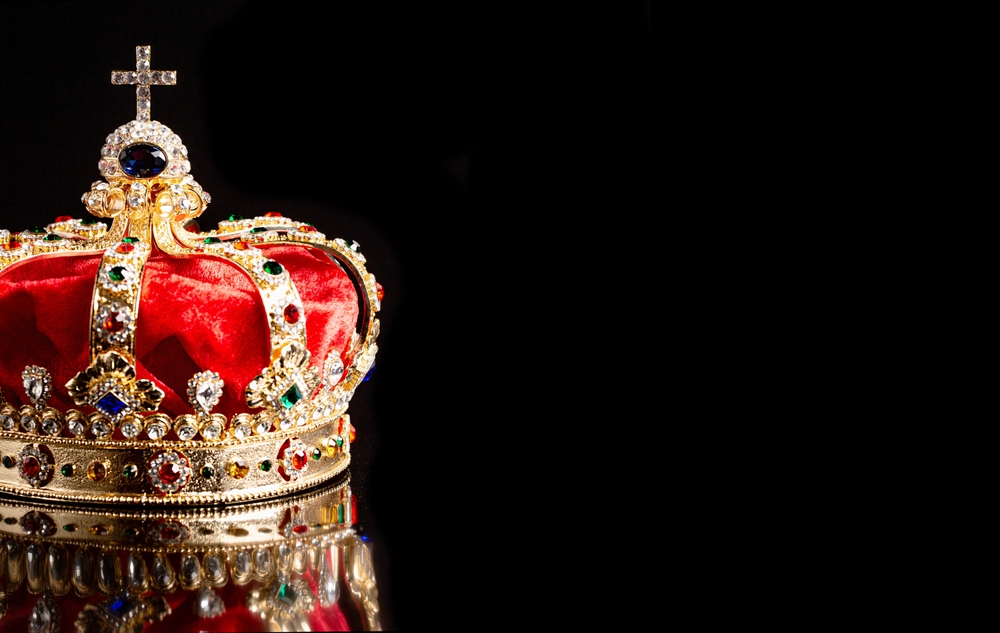
The coronation of Charles III is a coronation of spectacle, not substance. It is a coronation of wealth and power, not of equality and justice. It is a coronation of privilege and inequality, not of freedom and democracy.
The coronation is a reminder that the monarchy is still a powerful force in British society. It is a reminder that the monarchy is still able to command the loyalty and obedience of millions of people. It is a reminder that the monarchy is still able to shape public discourse and influence the political agenda.
We must not let the spectacle of the coronation blind us to the real issues facing our country. We must not let the monarchy distract us from the need for real democracy, for a society where people choose their leaders based on merit rather than inheritance.
We must demand an elected head of state—a head of state who is accountable to the people rather than to a privileged elite. We must demand an end to the monarchy, an institution that is based on the principle of divine right and is therefore incompatible with the principles of democracy and equality.
We must not let the spectacle of the coronation prevent us from building a more just and democratic society. We must not let the monarchy stand in the way of progress.
No future
The removal of the monarchy is an indispensable step in the pursuit of a more democratic society, one that embraces the values of fairness, social justice, and the will of the people. It is high time for Britain to align itself with progressive democracies around the world, collectively forging a new society where power is truly vested in the hands of its citizens, and where each individual has the opportunity to shape their nation’s future.
Art Book Review Books Capitalism China Climate Emergency Conservative Government Conservative Party COVID-19 EcoSocialism Elections Europe Fascism Film Film Review France Gaza Imperialism Israel Italy Keir Starmer Labour Party Long Read Marxism Palestine pandemic Protest Russia Solidarity Statement Trade Unionism Ukraine United States of America War
Latest articles
- An October in CataloniaAN OCTOBER IN CATALONIADisruptions and paradoxes of the Catalan independence movement by Josep Maria Antentas ABOUT THE BOOK“This book does a wonderful job of dissecting the Catalan independence movement, analysing its victories, defeats, and the broader implications of its strategic decisions. We are provided with profound insights into the interplay of internal weaknesses and state … Read more
- Wealth taxes – An idea whose time has come?Why has wealth taxation become a central issue? What would be the impact of taxing wealth? Andy Kilmister investigates.
- The Carnation Revolution of Portugal TodayReflecting on the events of the Carnation Revolution in 1970s Portugal, Raquel Varela asks about the meaning and legacy of what happened.
- Trans Liberation is Human Liberation Grief, rage and hope, Echo Fortune reports for ACR on the demonstrations across Britain on April, 26, 2025 against the Supreme Court’s decision to strip trans people of their rights
- Pope Francis’s LegacyDave Kellaway reports from Italy on the death of Pope Francis and evaluates his legacy


